Maserati 3500 GTI Sebring Carr.Vignale S1 (1 of 348) - 1964
€ 235.000
Financing options.jpg)
Description
One of the most fascinating and little known Maseratis built.
The Sebring with Lucas injection and double ignition. The car we offer is the first series built in only 348 units from 1962 to 1965. It has belonged to a single owner since new, then passed from father to son. Jealously guarded, it has reached the present day in almost entirely original condition. ASI gold plate approved. Metallic blue color with red leather interior.
Model history and curiosity
The mechanics derived from that of the 3500 GT (in the injection version), as did the chassis. The bodywork design was different (by Vignale rather than Touring). The official name was 3500 GTiS, or 3500 GT injection Sebring, to celebrate the victory at the 12 Hours of Sebring in 1957.
The first series (internal code Tipo 101.01, produced in 348 units from 1962 to 1965)[3], was presented at the 1962 Geneva motor show. The installed engine was 3,485 cm³ (bore 86 mm, stroke 100 mm) , with a compression ratio of 8.5:1 that delivered 235 horsepower at 5,500 rpm. Road tests at the time verified a maximum speed of around 220 km/h (against the 235 declared by the company) and acceleration from 0 to 100 km/h in around 8.5 seconds.
Sebring second series
It had a five-speed manual gearbox as standard; as an option you could have an automatic gearbox (this was to meet the tastes of American and English customers): the Sebring was one of the first Italian cars to be able to fit it.
In 1965, a 3694 cm³ version was also made available (obtained by lengthening the stroke of the "3500"). In that same year the second series was presented (signed Tipo 101.10, 243 examples from 1965 to 1969), with few changes, the main of which were the new front position lights, the new rear lights, the different air vents at the rear the front wheel arches and wider tires (from 185x15" to 205x15").
In 1966 the 4000 GTiS was presented, with a 4-litre 6-cylinder and 255 HP. This model was produced until the end of the 1960s, when the Trident House was forced to rationalize the range, canceling the older models from production.
Gallery
Technical data
Optional
Terms of sale
Automotive practices
You may also be interested
Find your dream car
 Versione italiana
Versione italiana Deutsche Fassung
Deutsche Fassung Alfa Romeo
Alfa Romeo 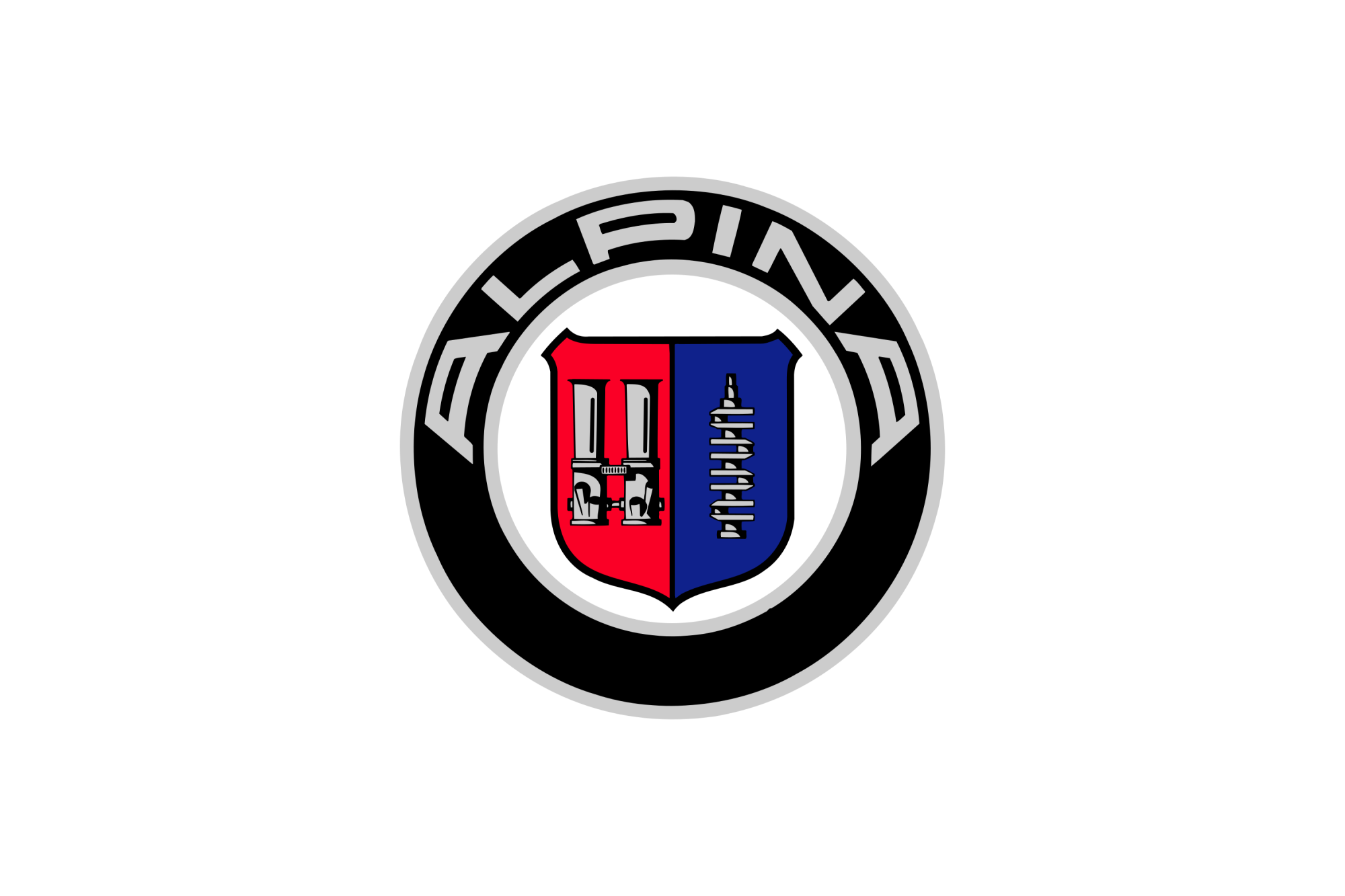 Alpina
Alpina  Amilcar
Amilcar  Aston Martin
Aston Martin  Audi
Audi  Austin
Austin  Austin-Healey
Austin-Healey .png) Bentley
Bentley  BMW
BMW  Cadillac
Cadillac  Chevrolet
Chevrolet  Citroën
Citroën  Daimler
Daimler  DKW
DKW  Ferrari
Ferrari  Fiat
Fiat  Ford
Ford  Geko
Geko .svg.png) Honda
Honda  Innocenti
Innocenti .png) Jaguar
Jaguar 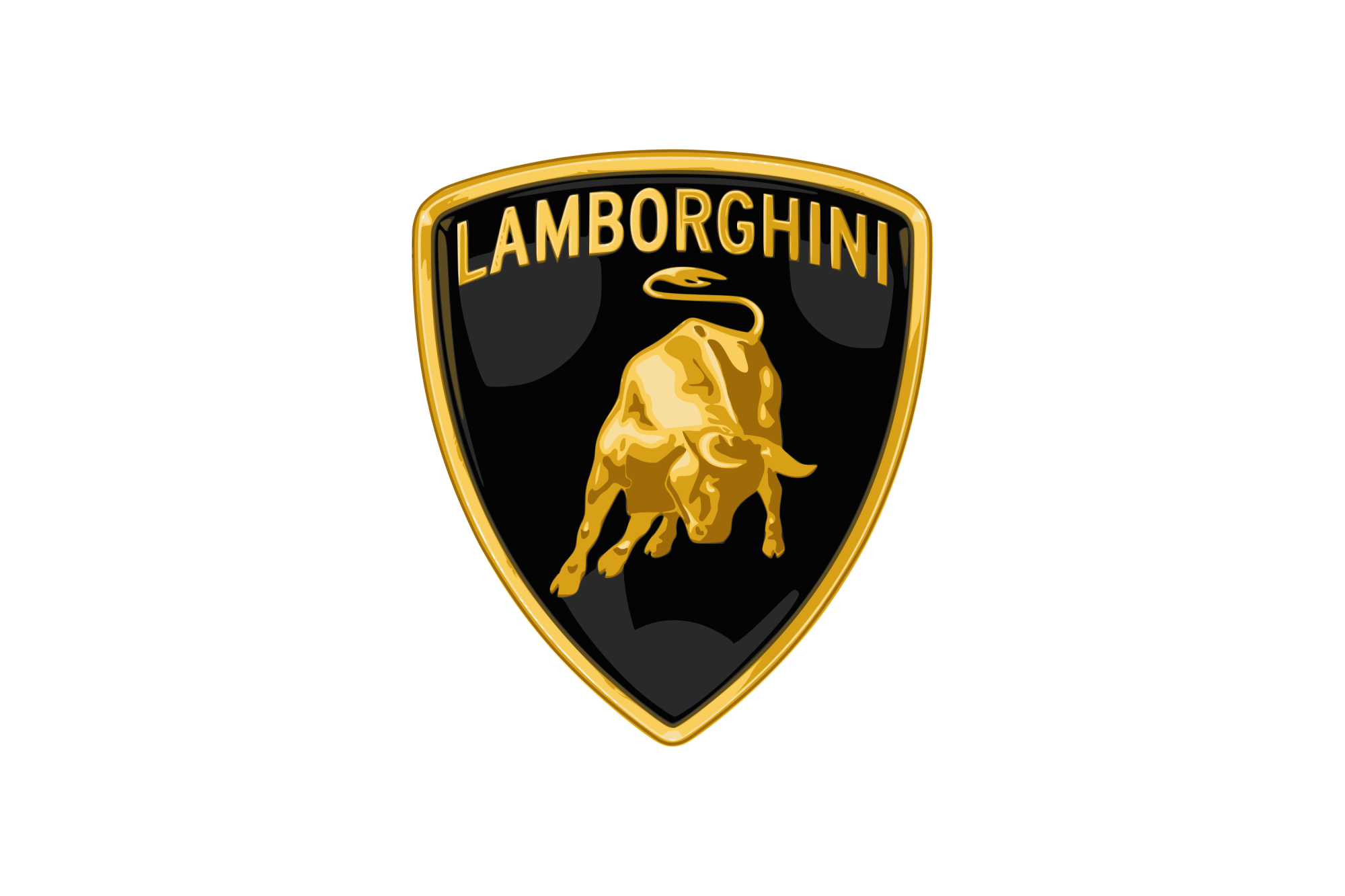 Lamborghini
Lamborghini .png) Lancia
Lancia  Land Rover
Land Rover  Lotus
Lotus  Maserati
Maserati  Mercedes-Benz
Mercedes-Benz  MG
MG .svg.png) Mini
Mini  Mitsubishi
Mitsubishi .png) Morgan
Morgan  Morris
Morris  Nash Healey
Nash Healey .png) Nissan
Nissan  NSU
NSU  Porsche
Porsche  Renault
Renault 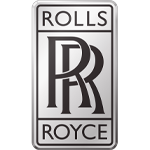 Rolls-Royce
Rolls-Royce  Siata
Siata  Simca
Simca .png) Studebaker
Studebaker  Subaru
Subaru  Sunbeam
Sunbeam  Triumph
Triumph  Volkswagen
Volkswagen  Benelli
Benelli .svg.png) Honda
Honda  Kawasaki
Kawasaki  Moto Guzzi
Moto Guzzi .png) NSU
NSU  Ossa
Ossa  Polaris
Polaris  Royal Enfield
Royal Enfield  Suzuki
Suzuki  SWM
SWM  Yamaha
Yamaha 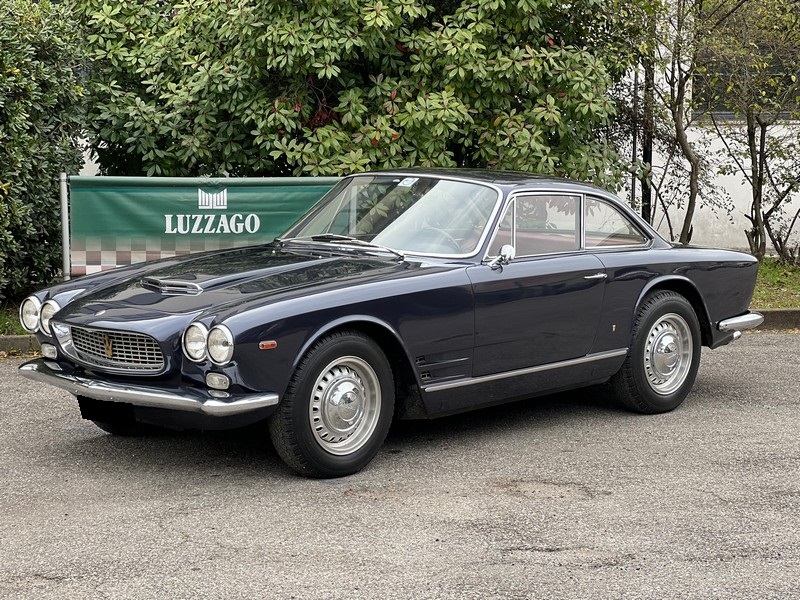
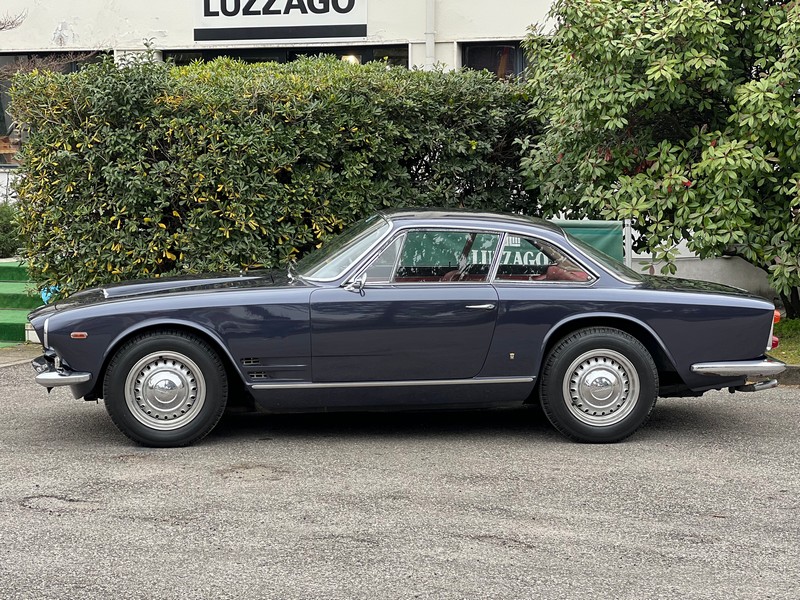
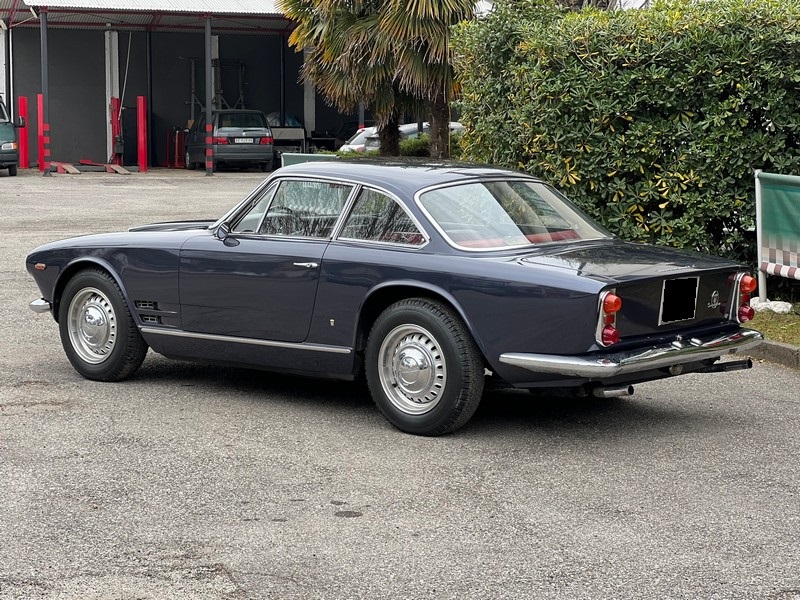
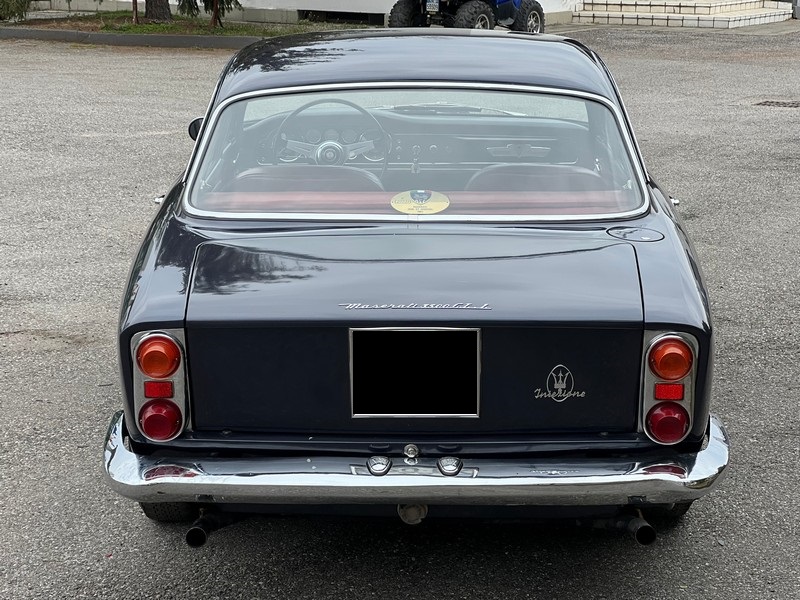
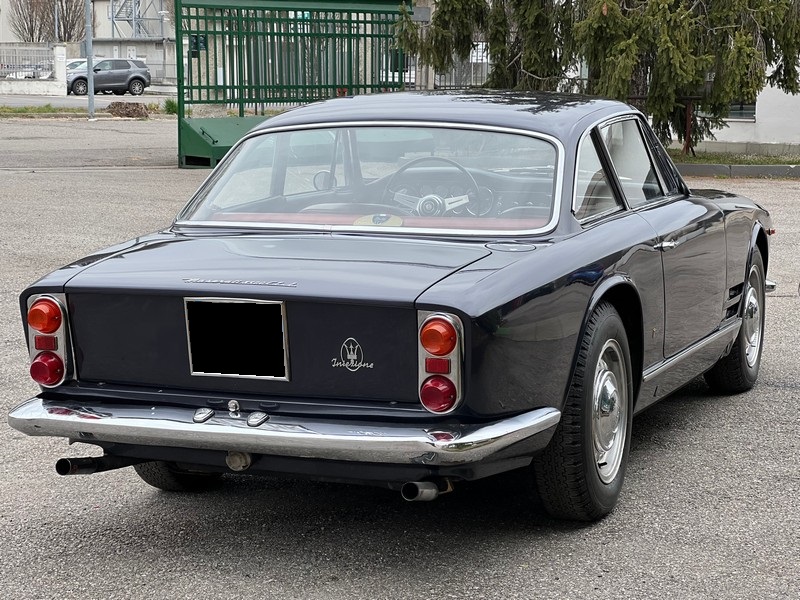
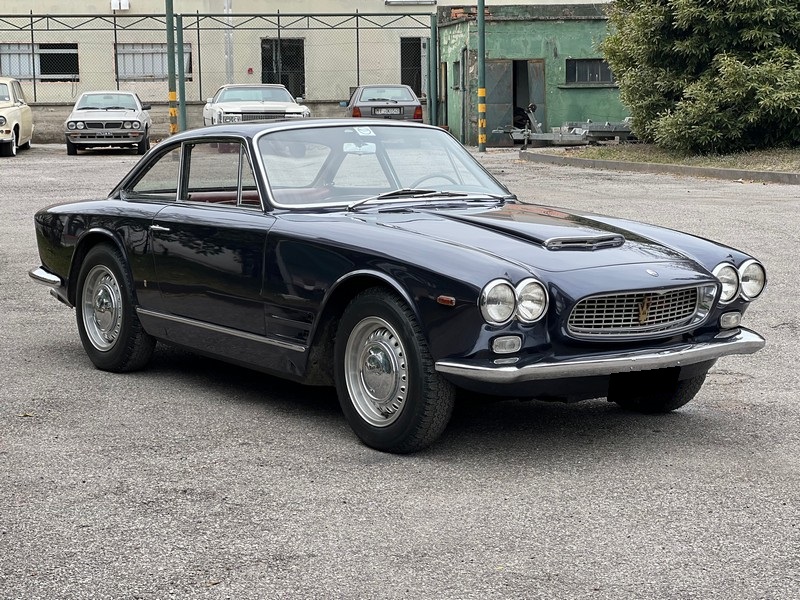
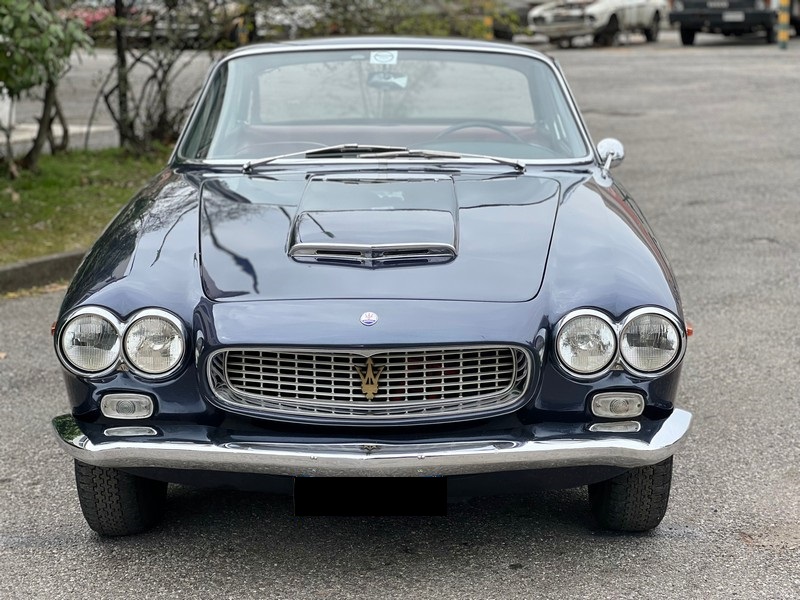
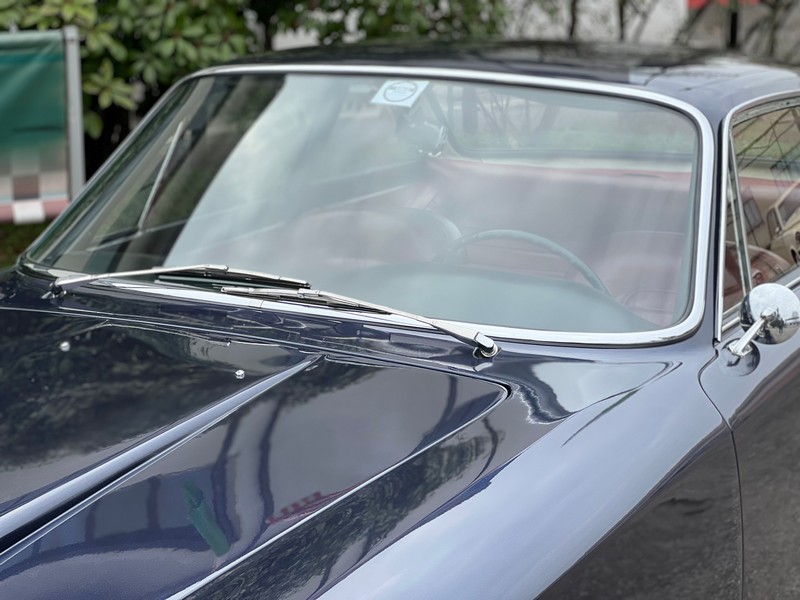
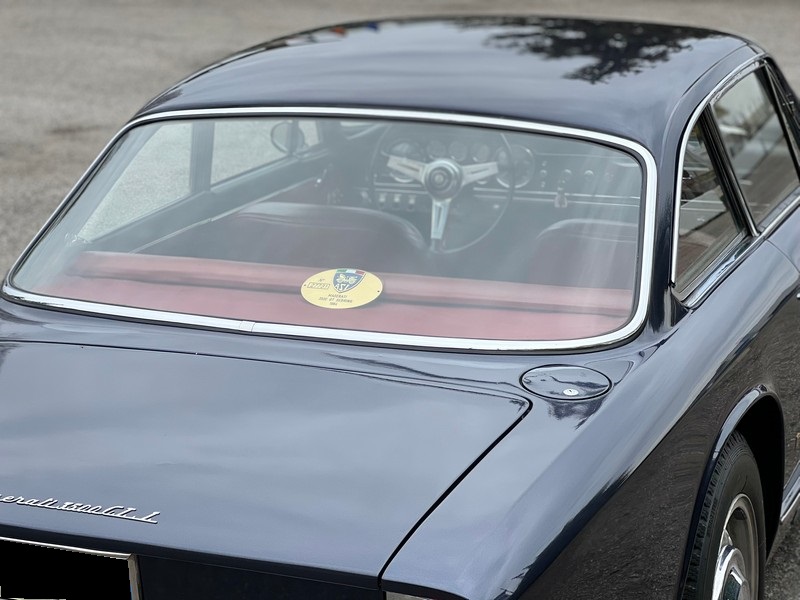
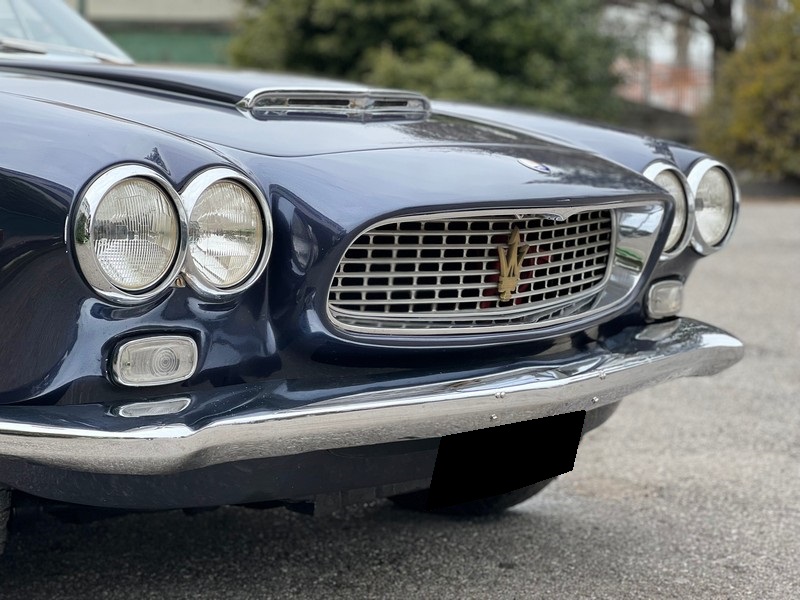
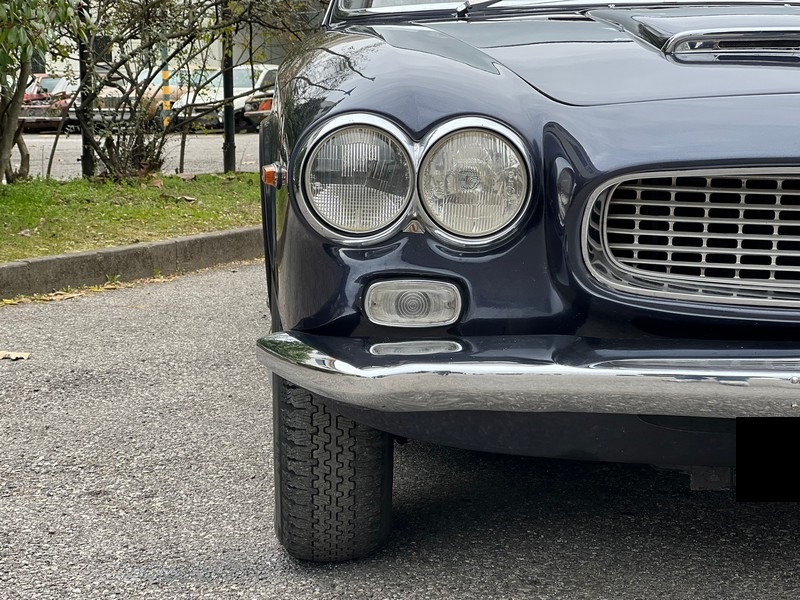
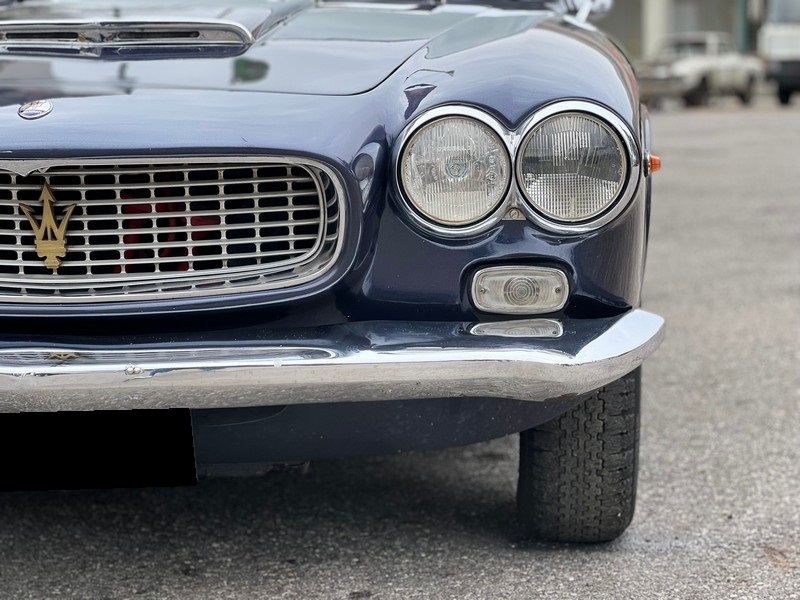
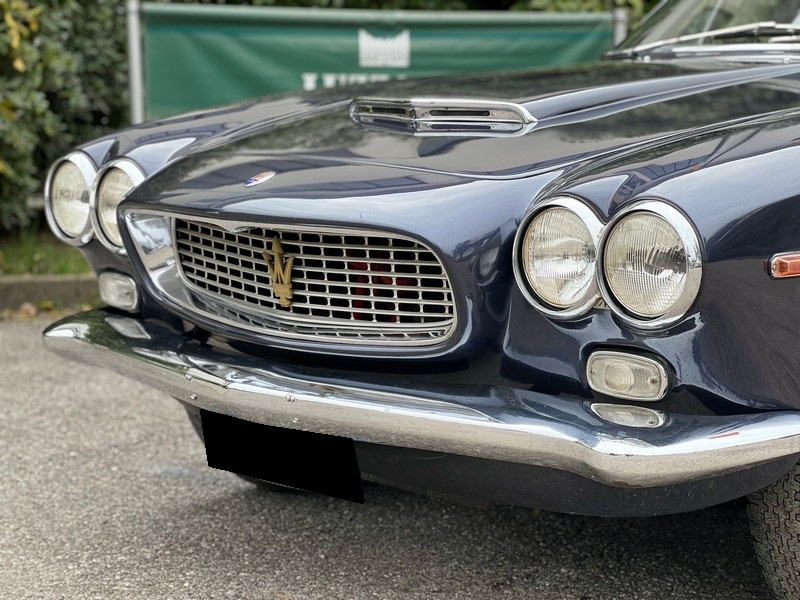
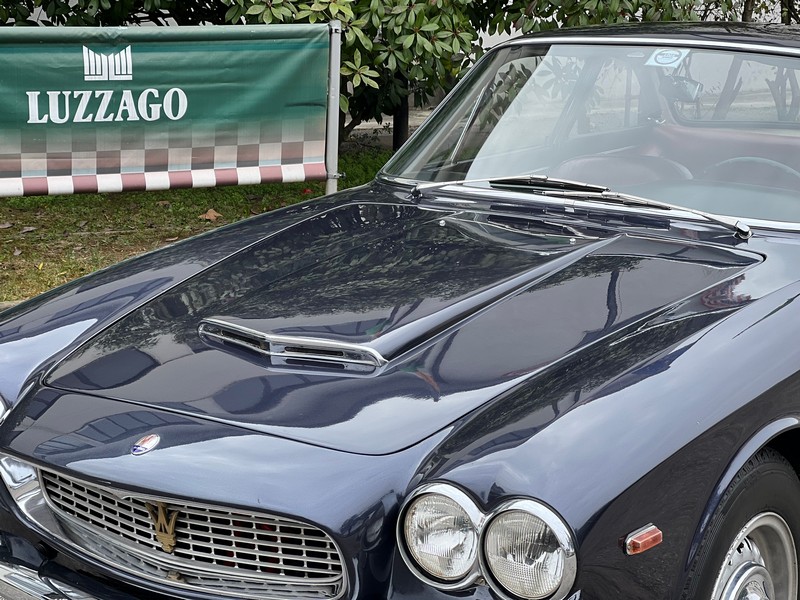
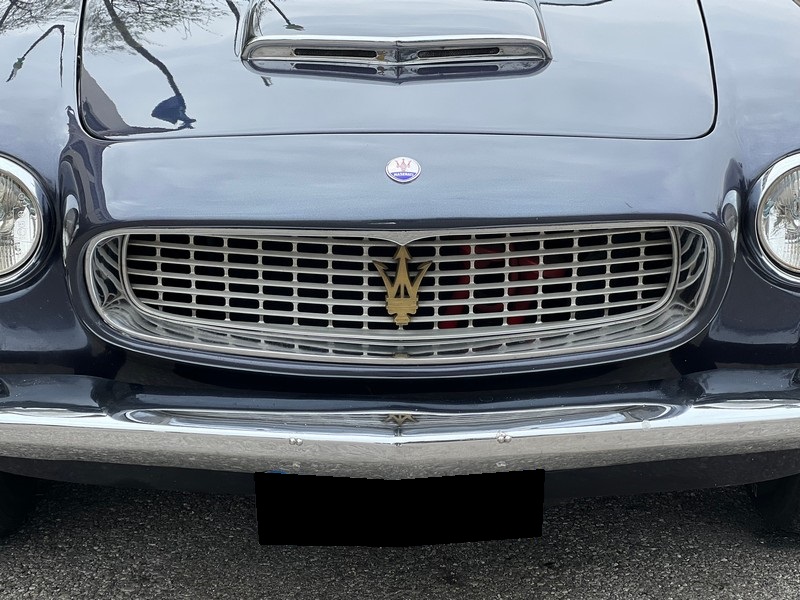
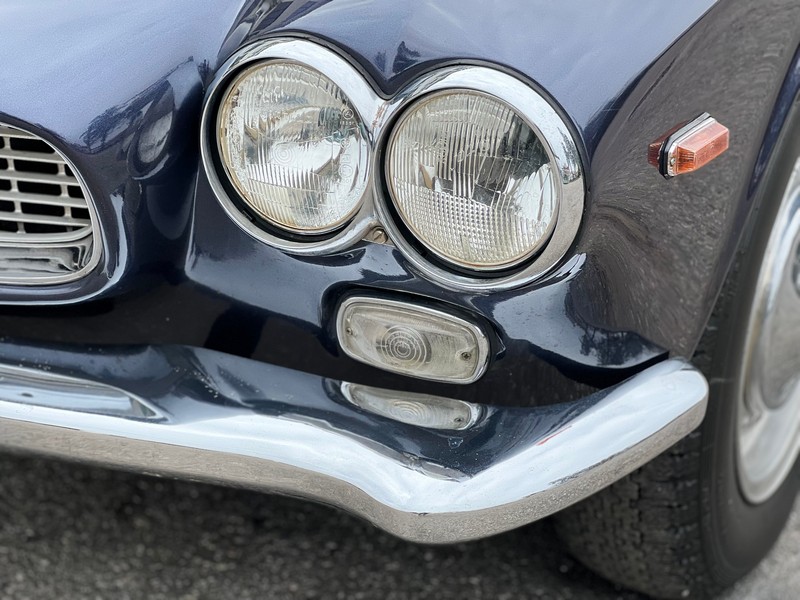
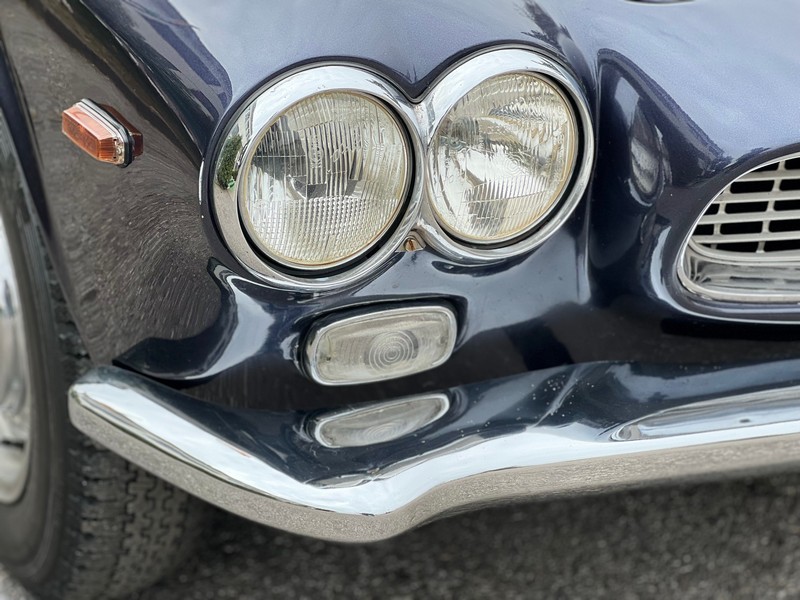
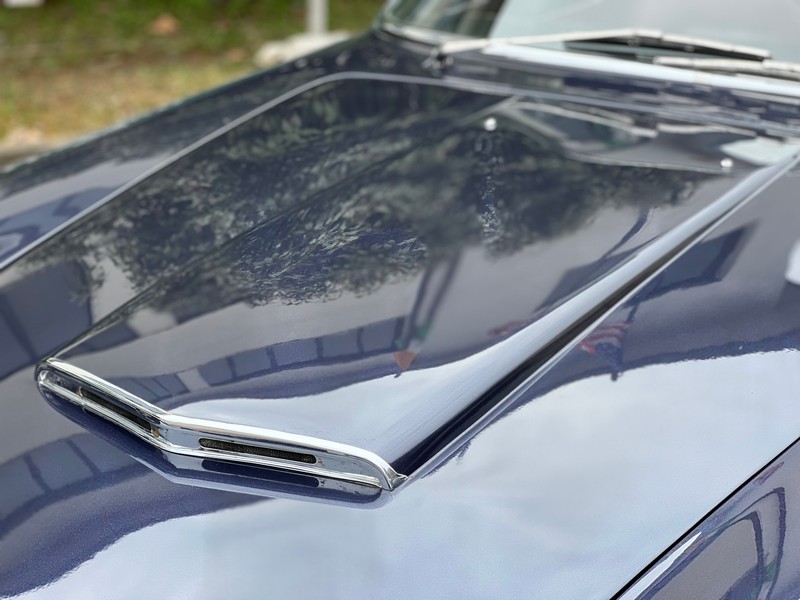
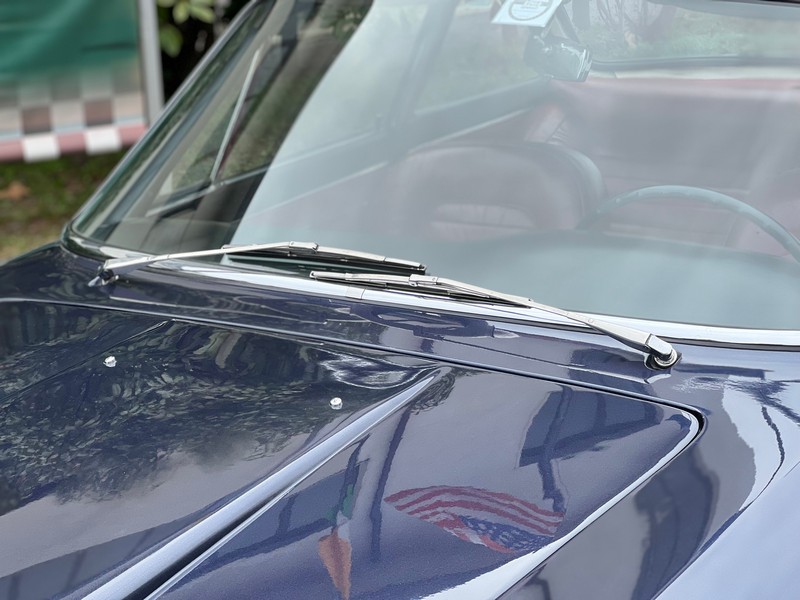
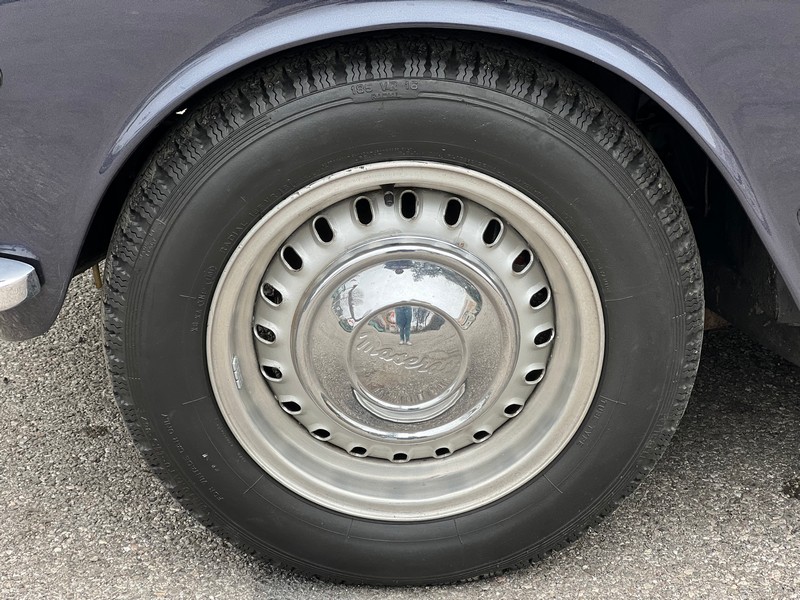
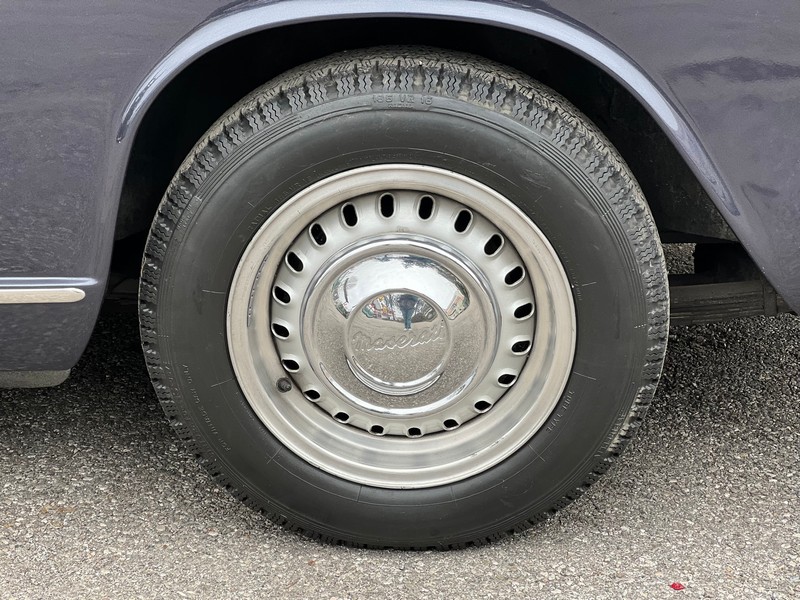
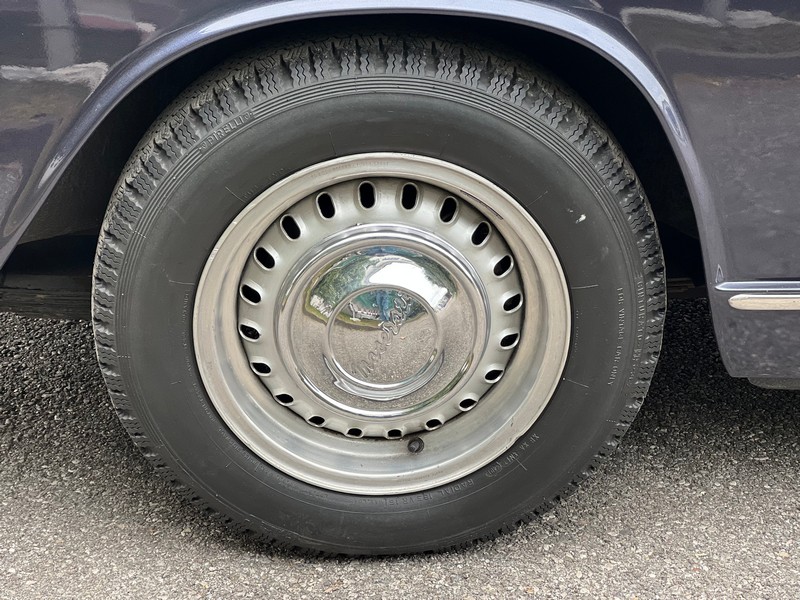
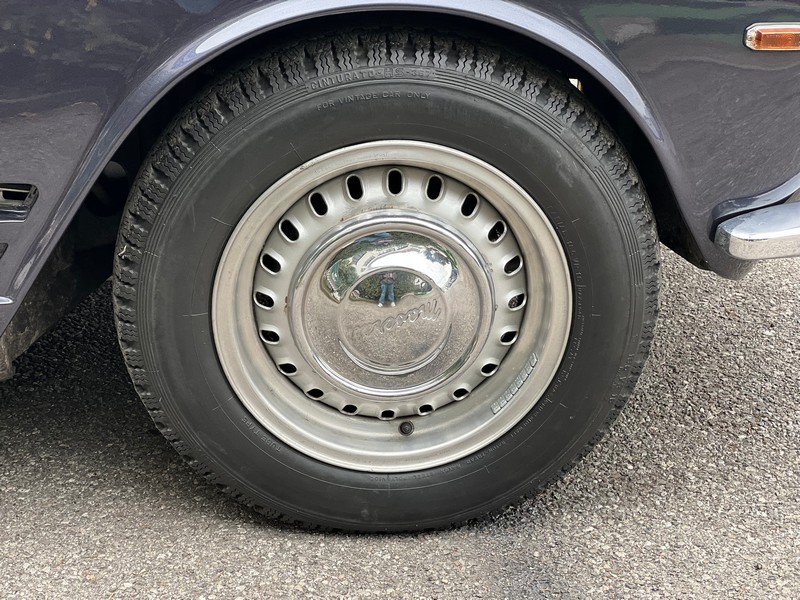
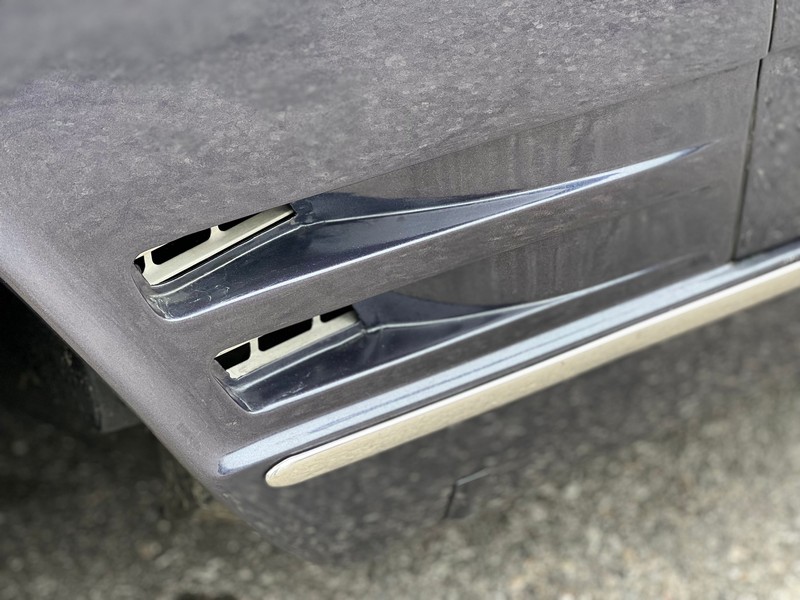
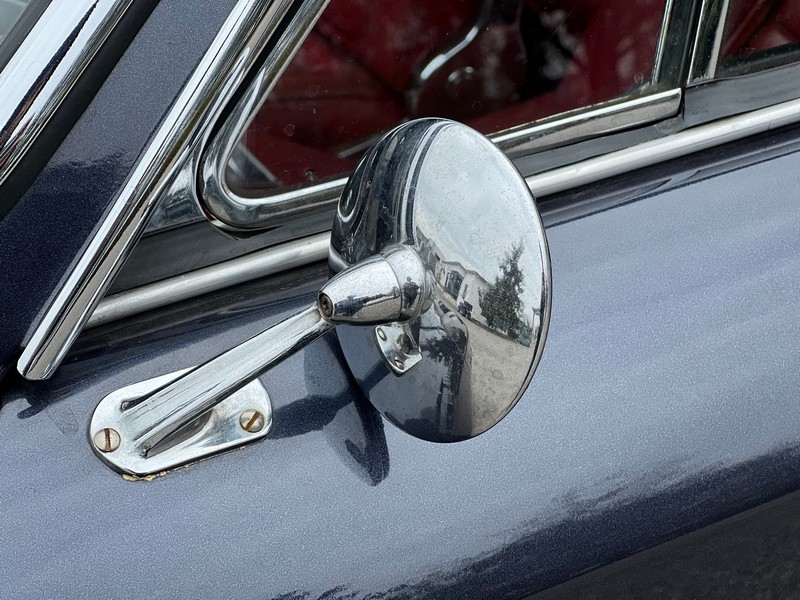
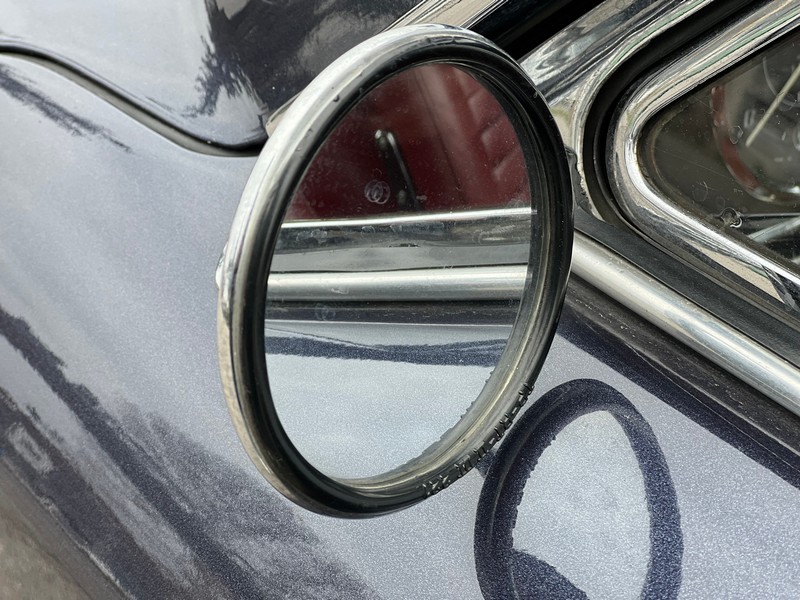
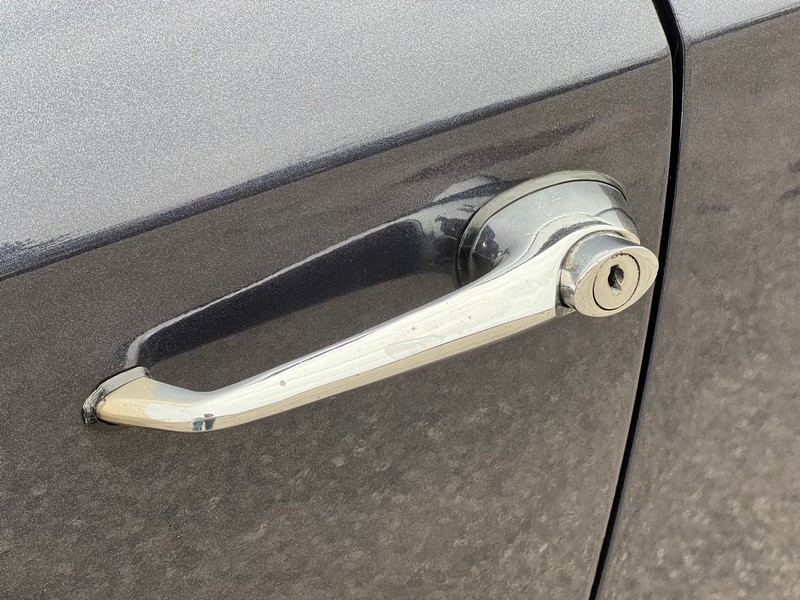
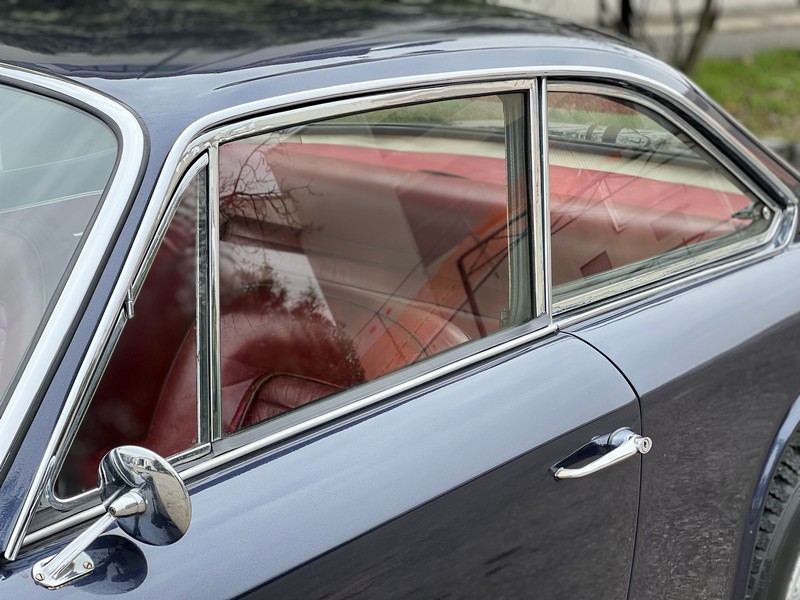
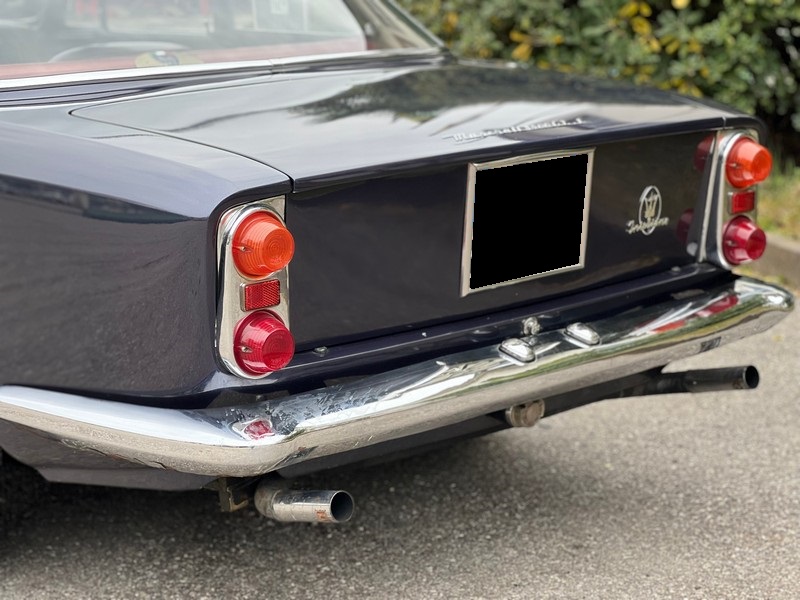
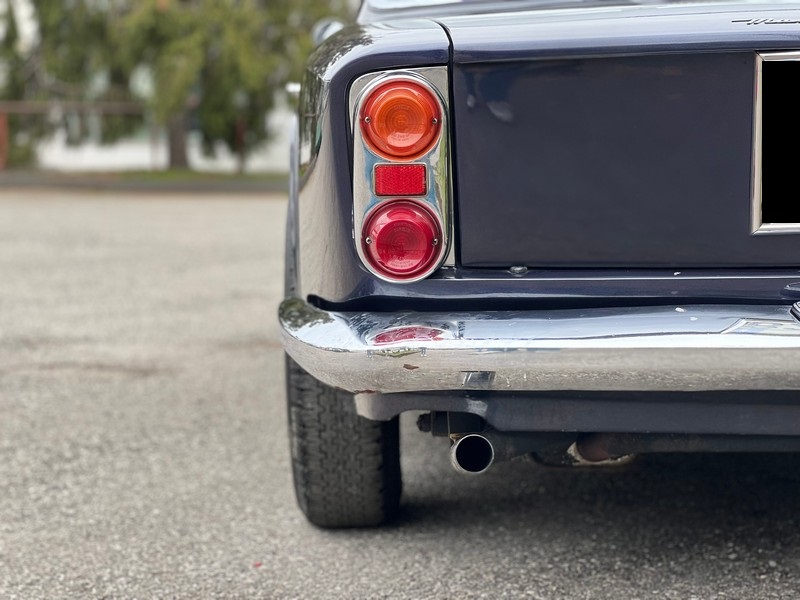
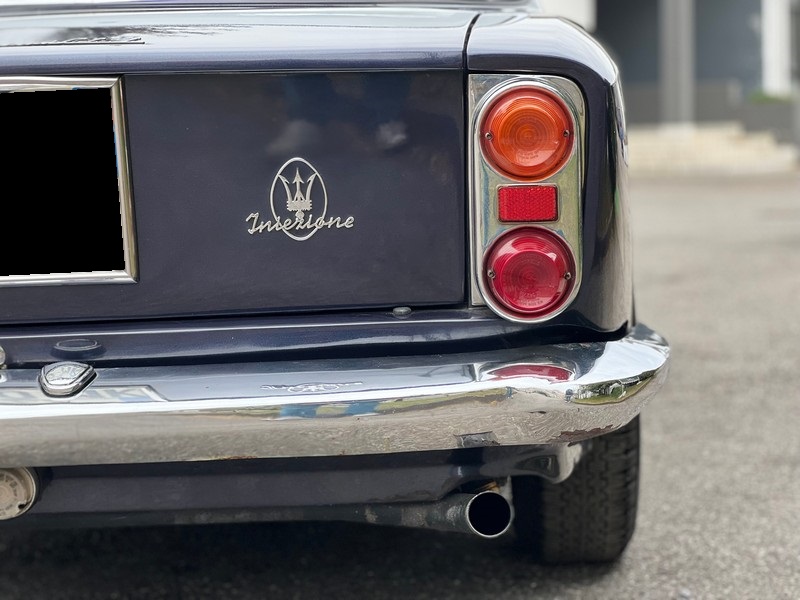

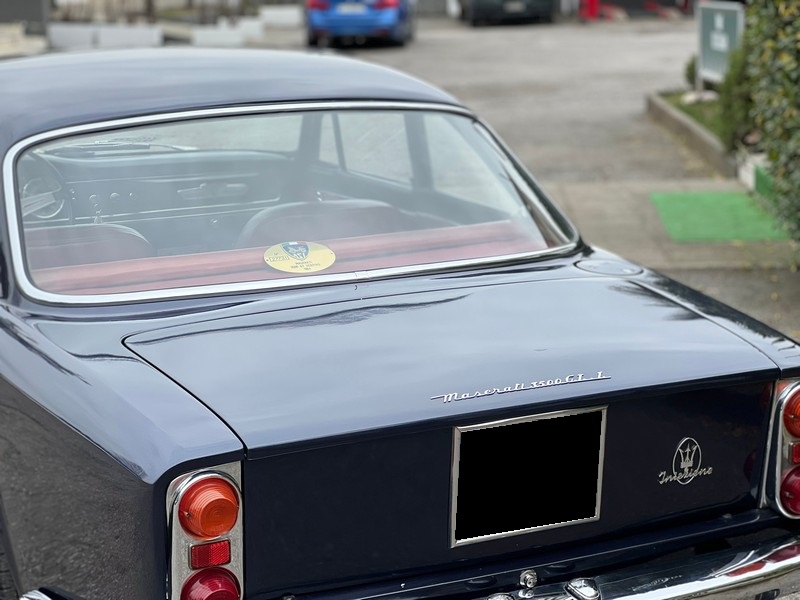
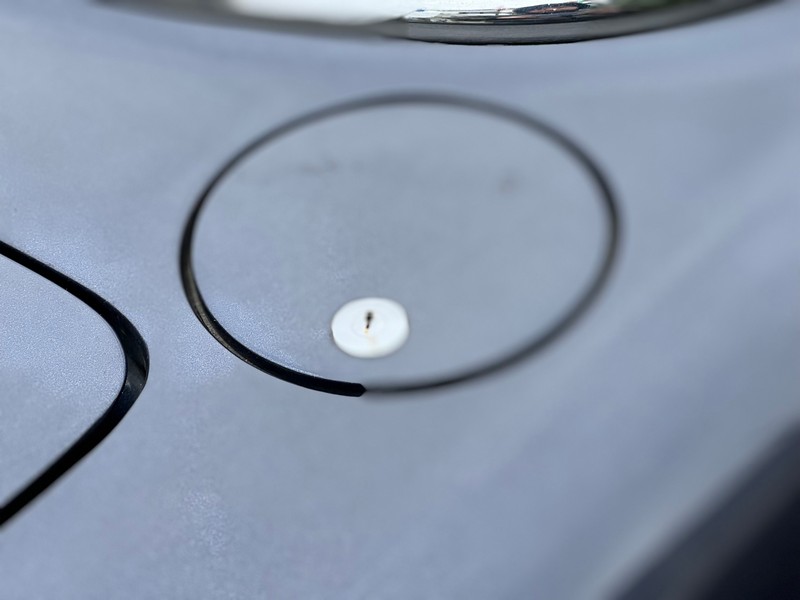

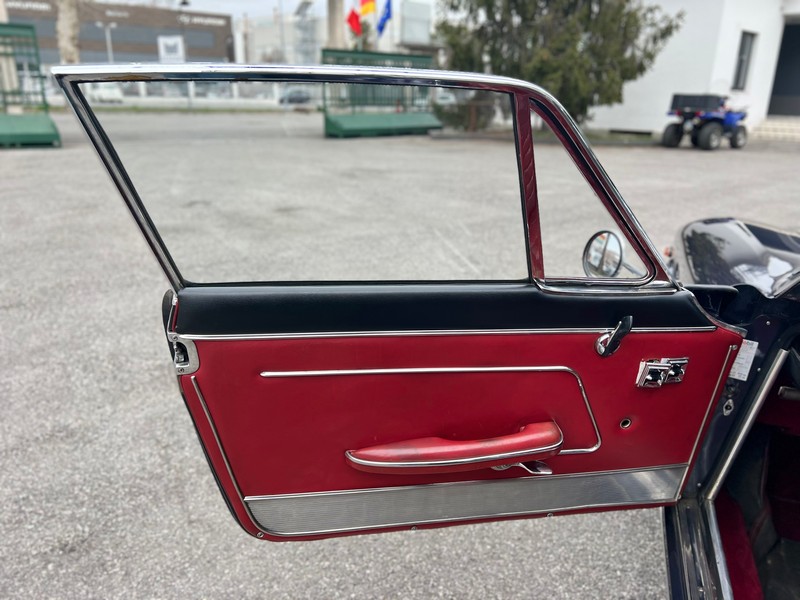
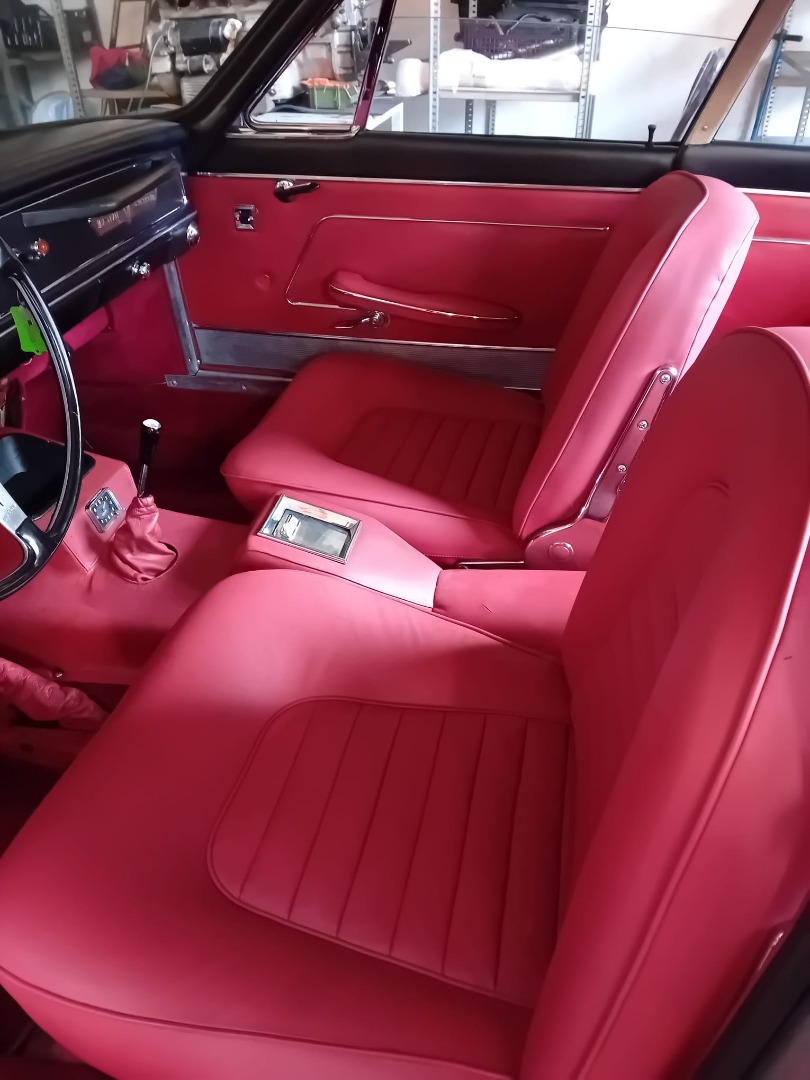
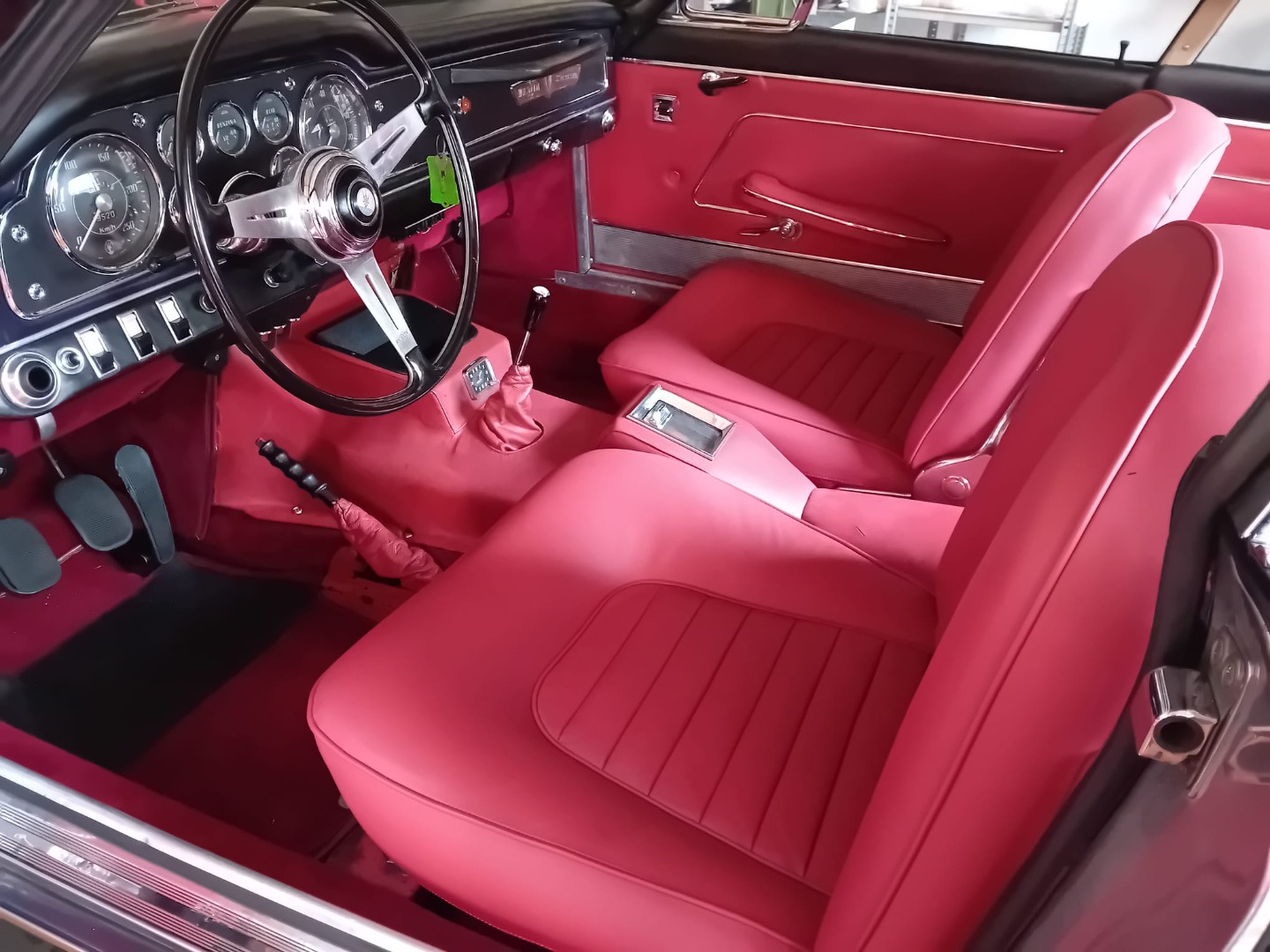
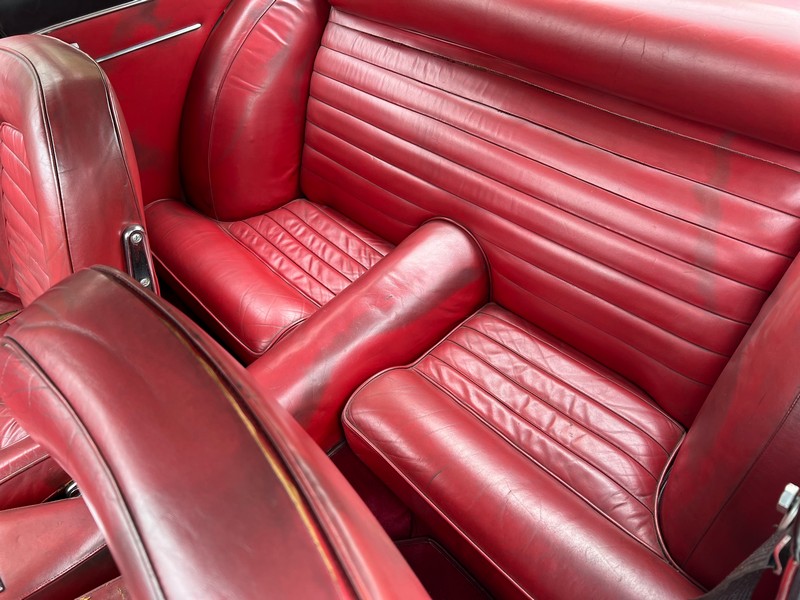
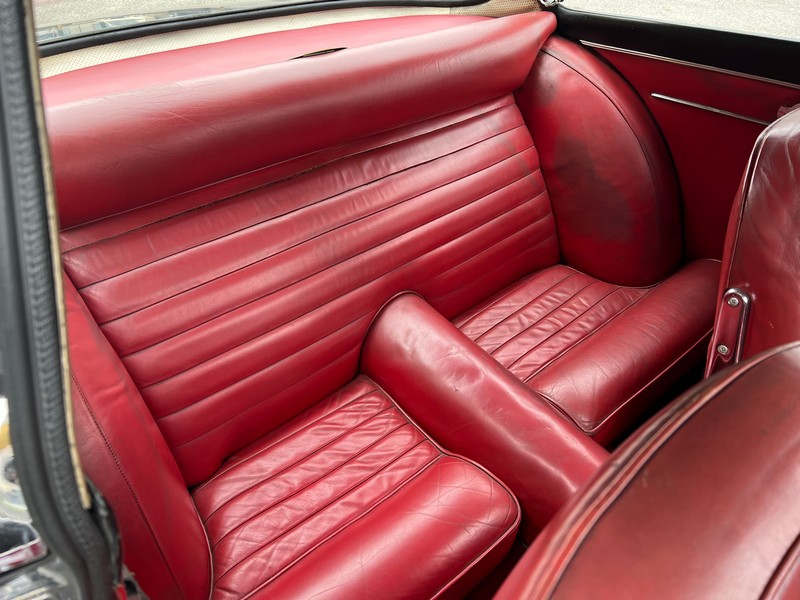
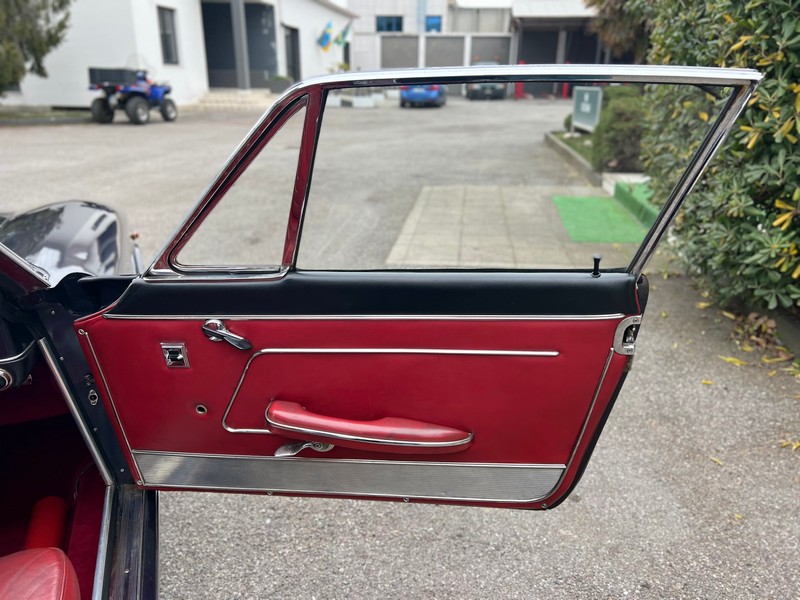
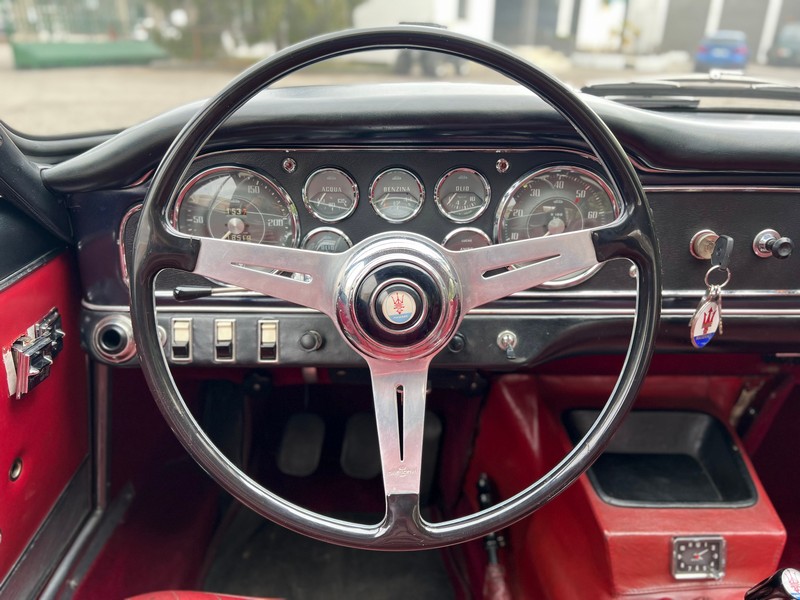
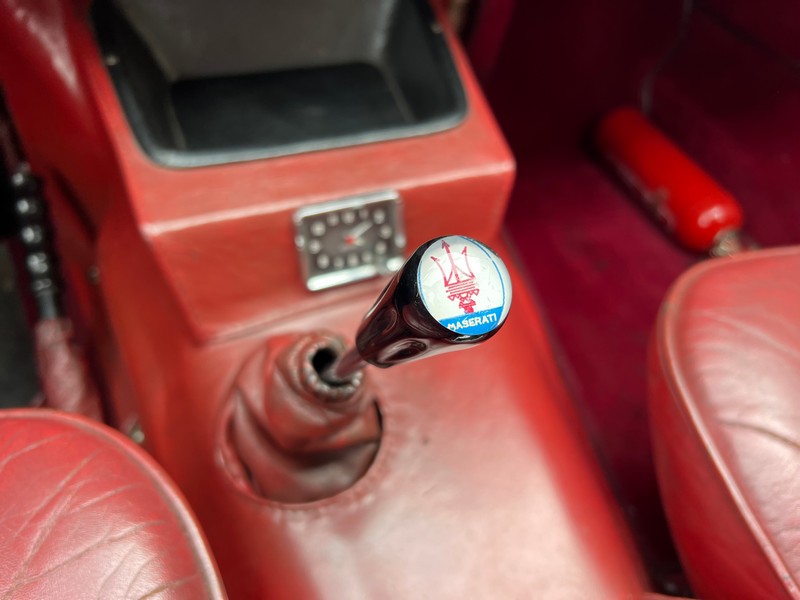
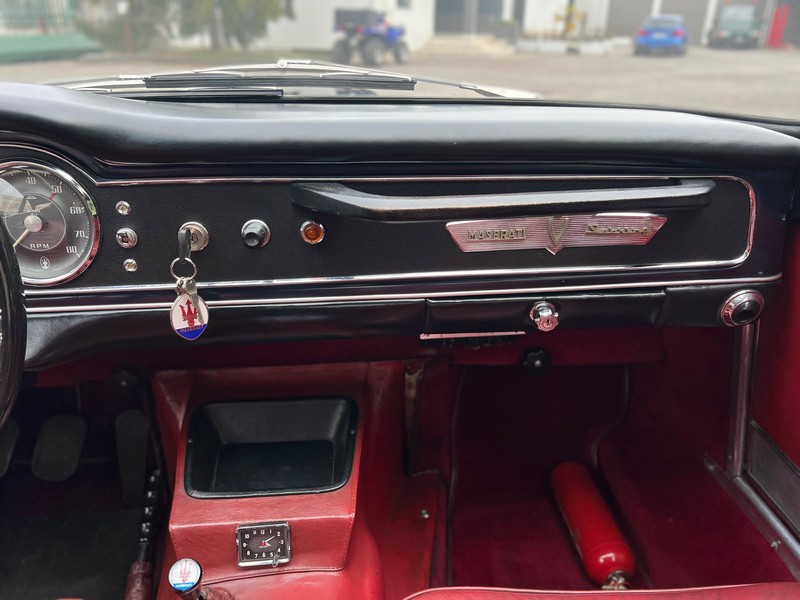
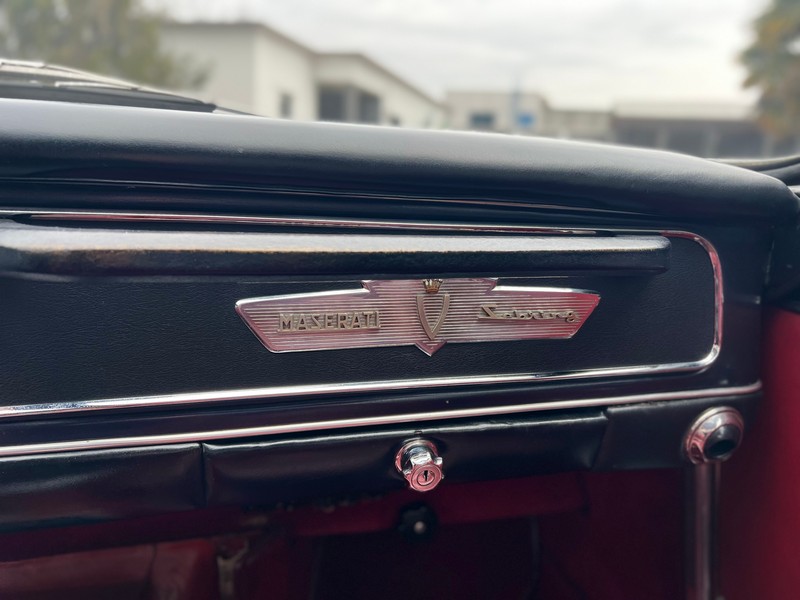
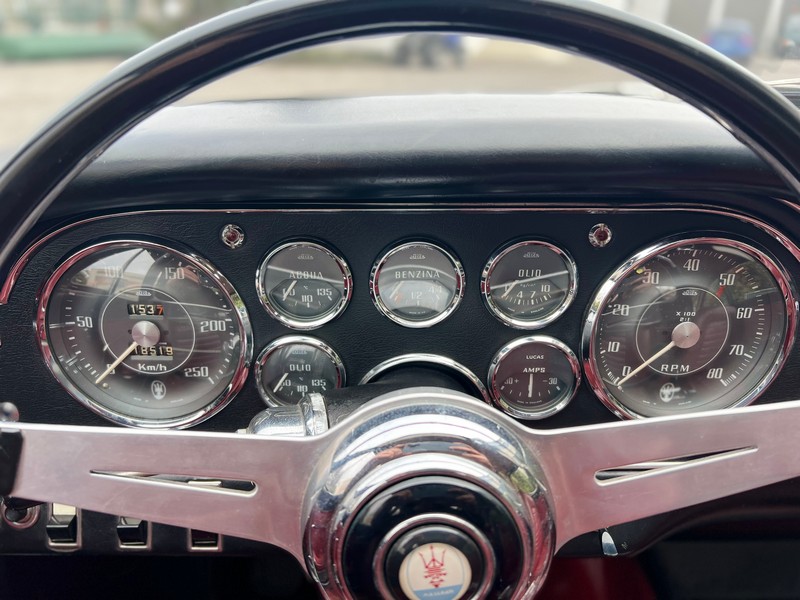
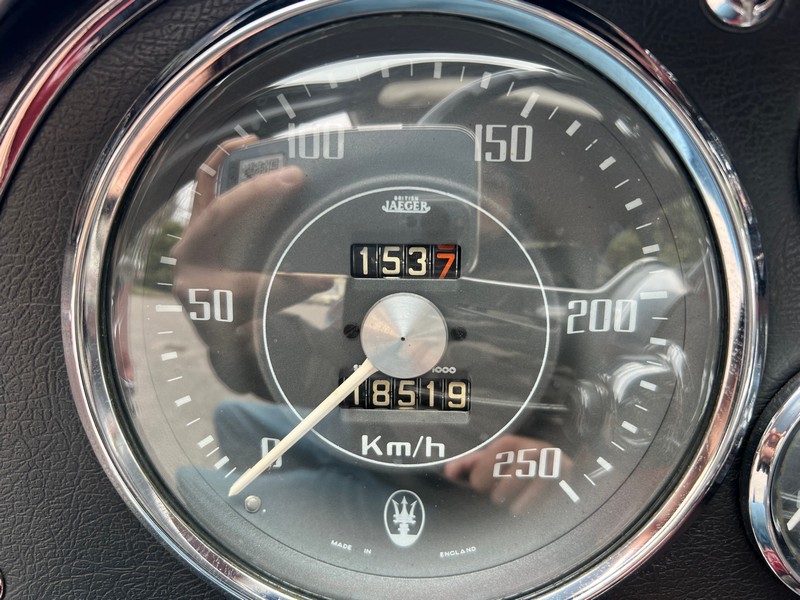

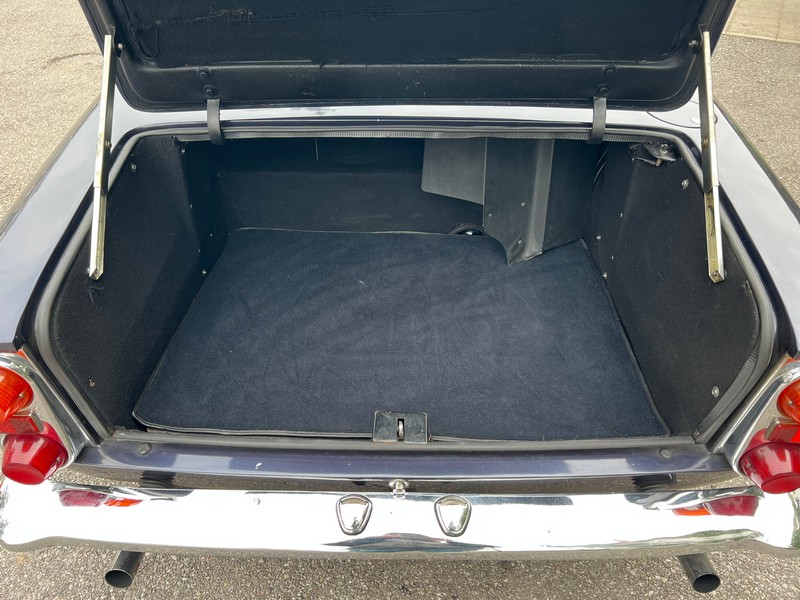
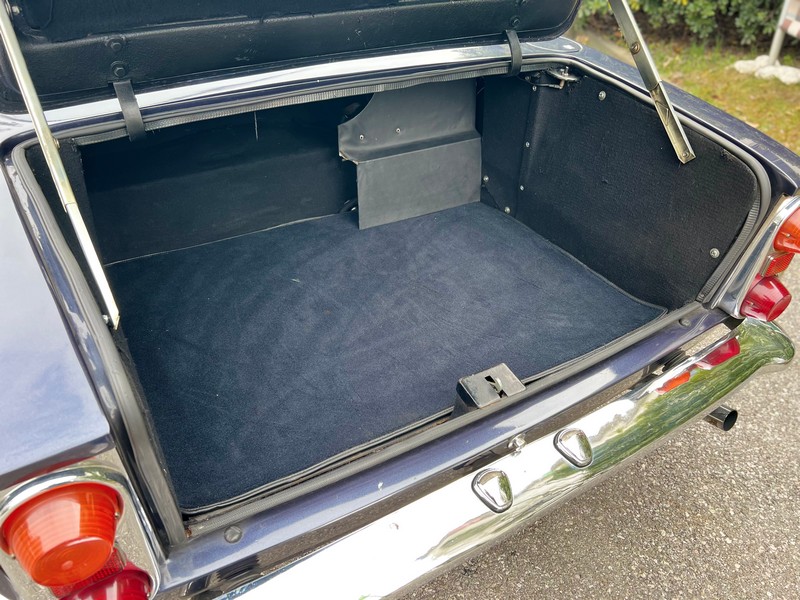
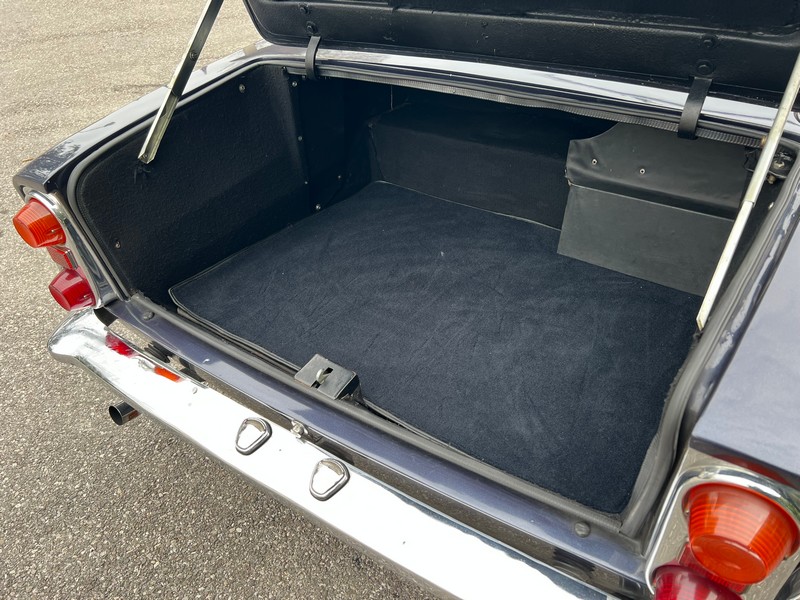
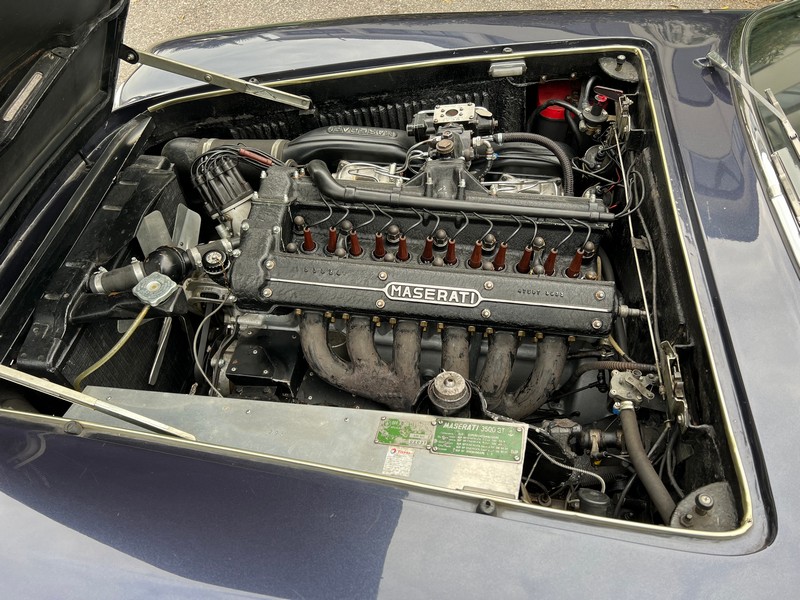
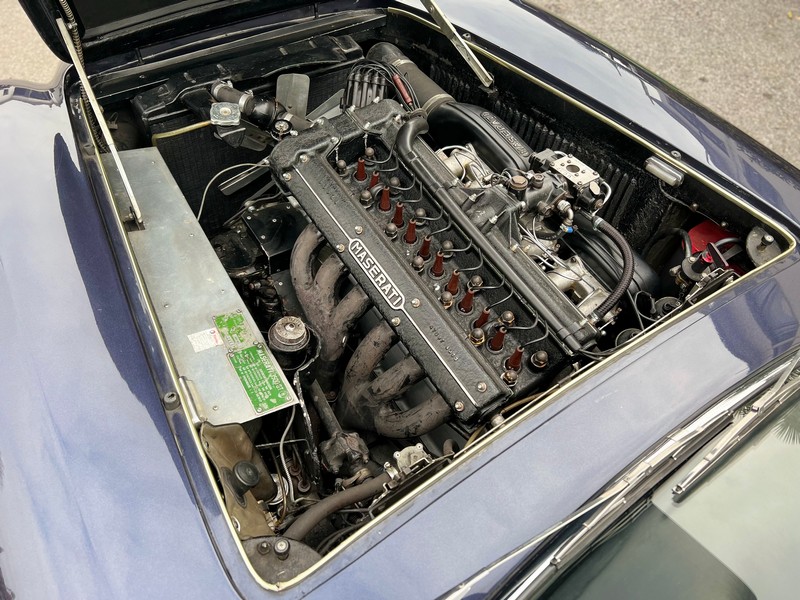
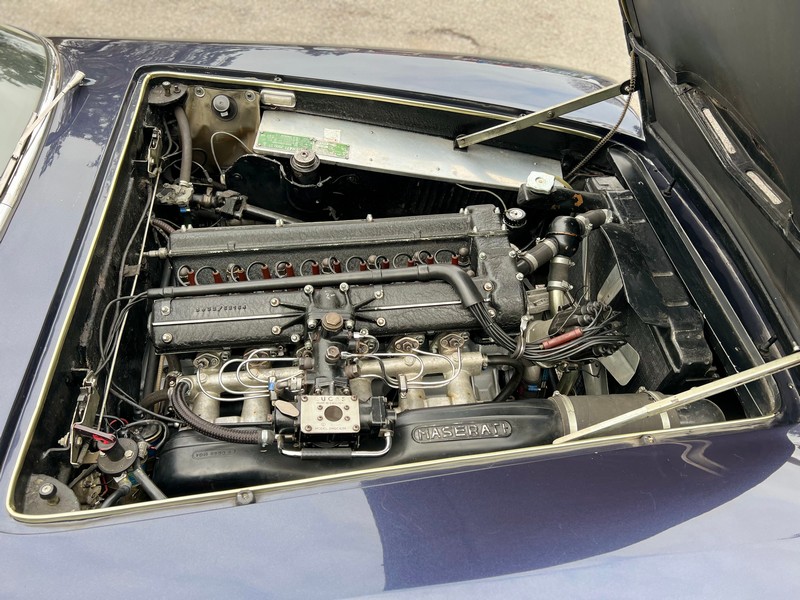
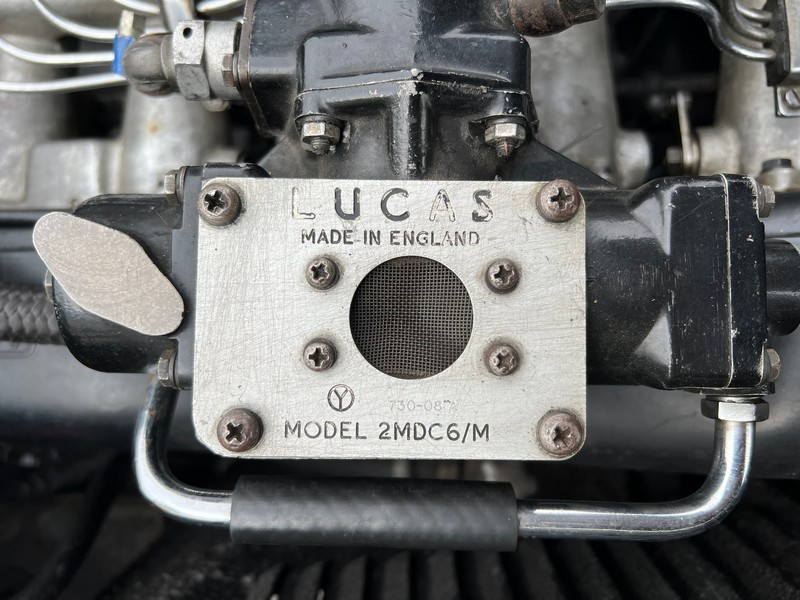
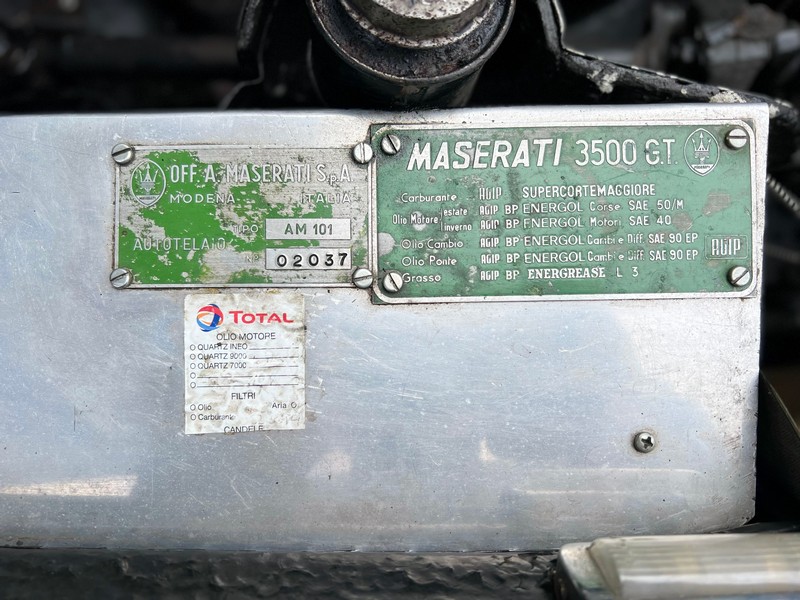
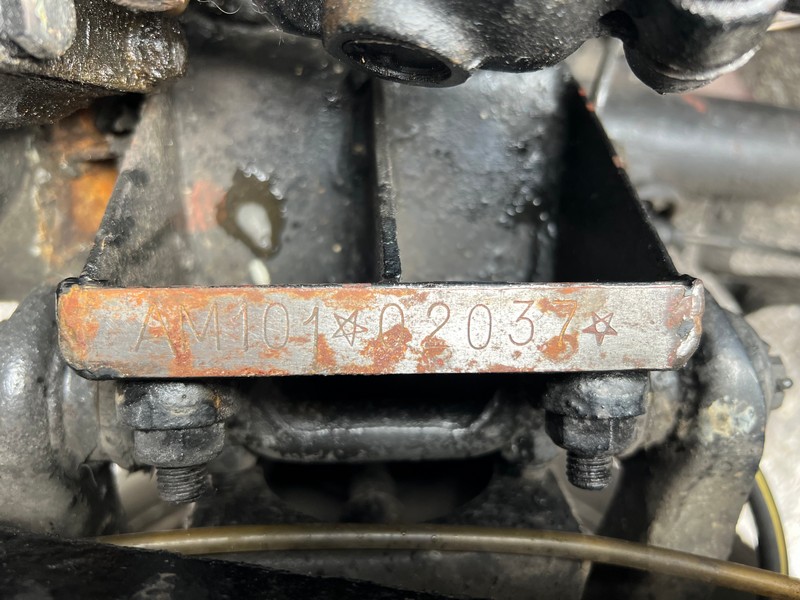



















































.jpg)
.jpg)
(1).jpg)
.jpg)
.jpg)
(1).jpg)
.jpg)
.jpg)
.jpg)
.jpg)
.jpg)
.jpg)
(1).jpg)
(1).jpg)
.jpg)


 CA Auto Bank offer subject to approval. Pre-contractual documentation at the Dealership and on the CA Auto Bank website (Transparency section). Advertising message for promotional purposes.
CA Auto Bank offer subject to approval. Pre-contractual documentation at the Dealership and on the CA Auto Bank website (Transparency section). Advertising message for promotional purposes.